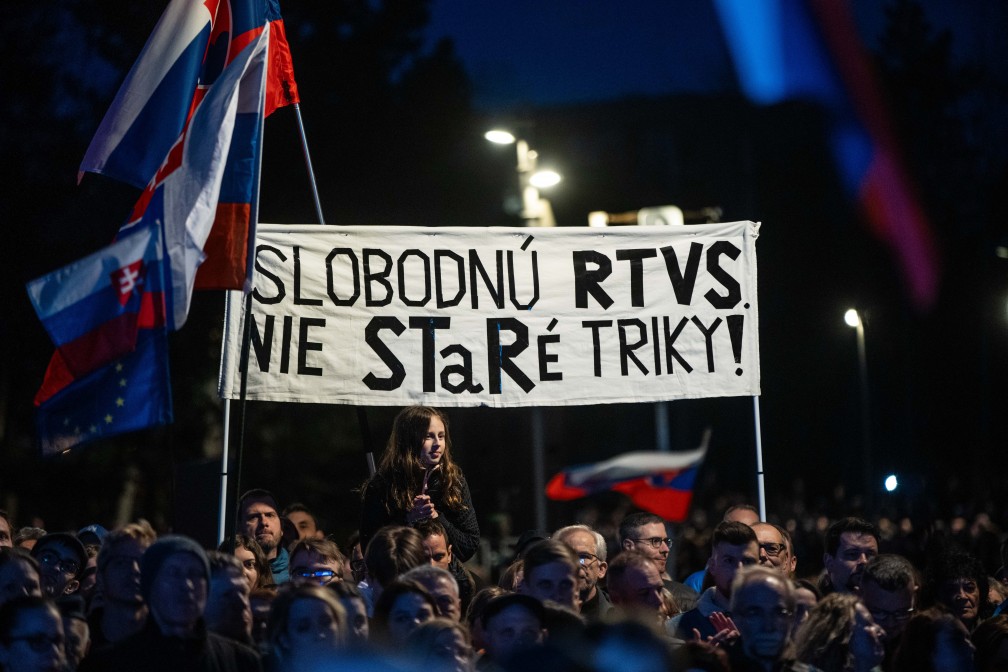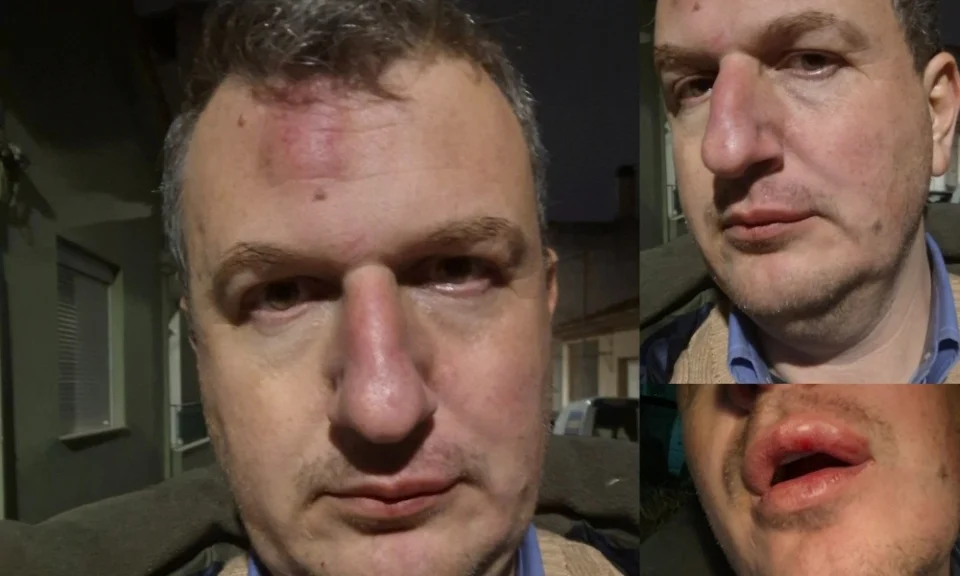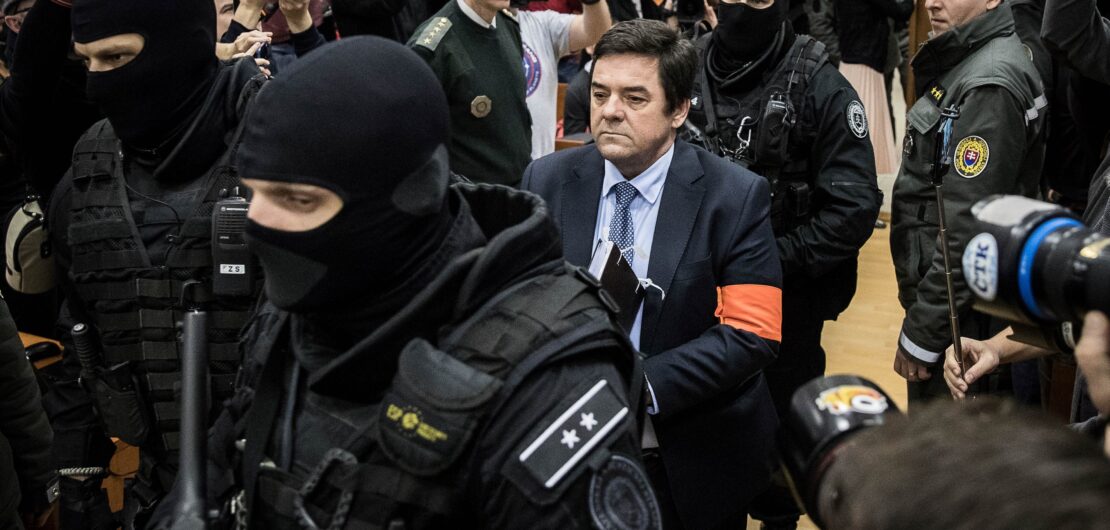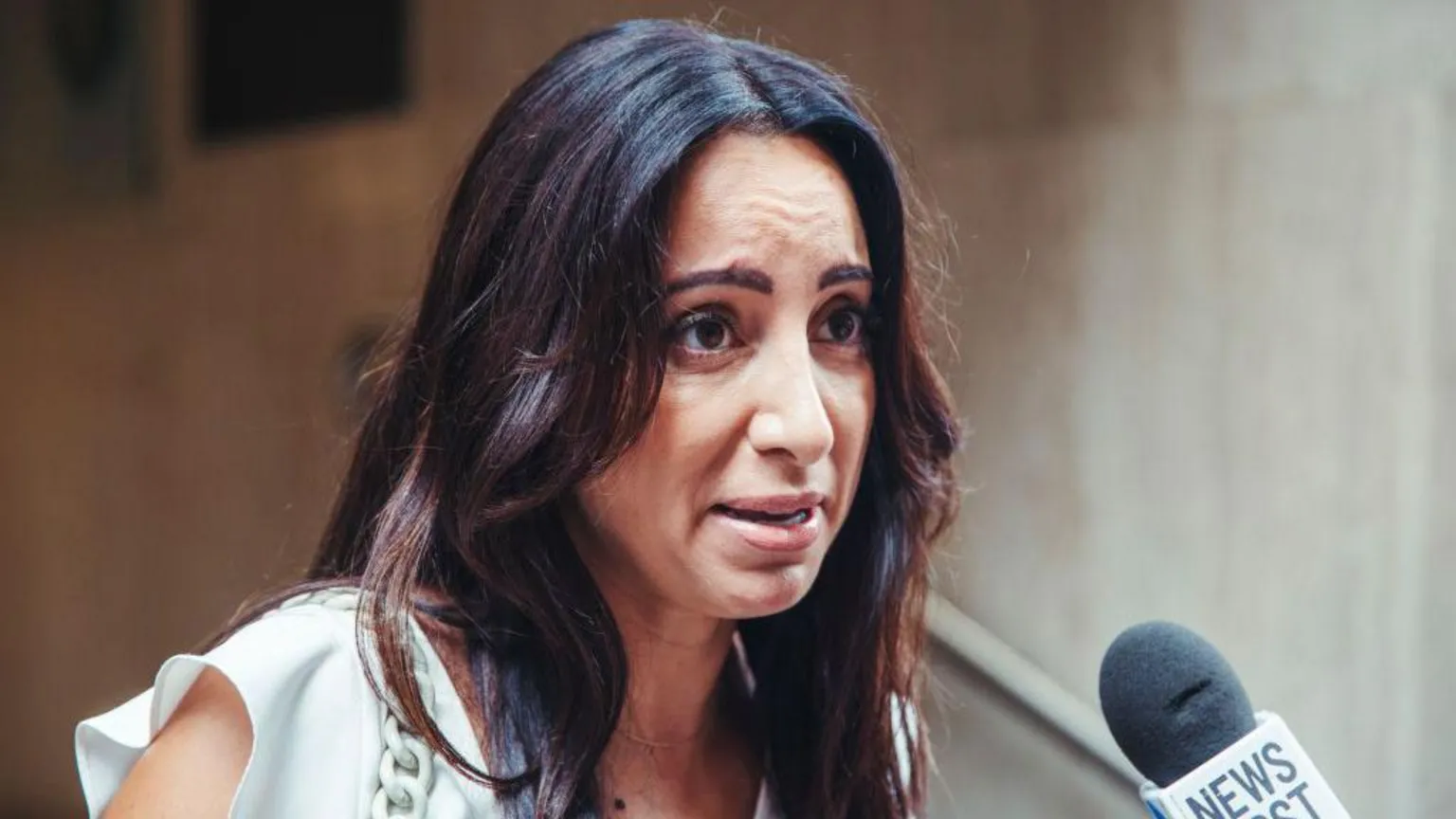
Australian Court Rules ABC Unlawfully Fired Journalist Over Gaza Post
June 25, 2025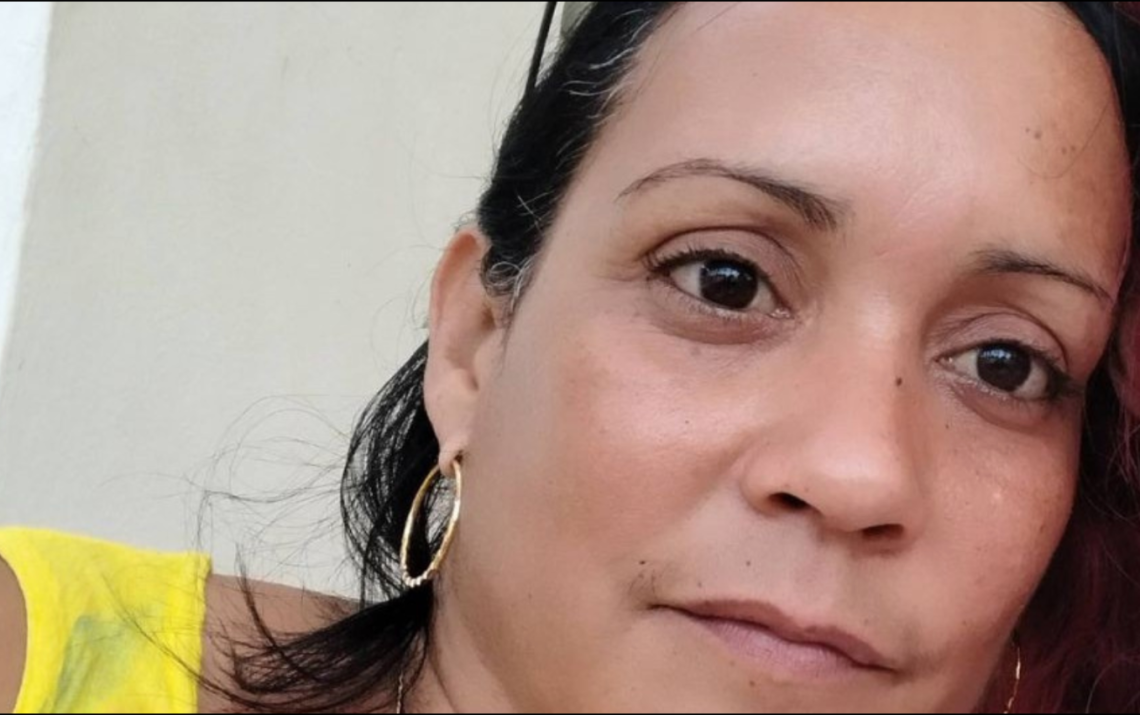
Cuban Journalists Face Intimidation After Defying Police Summons
June 26, 2025June 26, 2025 – Slovakia –
Slovakia’s media freedom took a sharp turn as Prime Minister Robert Fico’s government pushed through legislation dismantling the country’s independent public broadcaster RTVS. The new entity, Slovak Television and Radio (STVR), places media oversight in the hands of a council appointed largely by the ruling coalition and the Ministry of Culture, effectively granting the state direct influence over public news coverage. While the government insists the move was necessary to counter alleged political bias, the legislation has sparked national protests and international outcry.
Journalists and staff at RTVS staged walkouts and symbolic strikes, denouncing the dissolution as an assault on editorial independence. On June 10, employees launched a three-hour strike, chanting “Free Media!” in protest. More than 1,200 appeals were sent to EU institutions in a bid to halt the changes, but implementation began on July 1, when STVR officially replaced RTVS.
The International Press Institute (IPI) and other watchdogs described the developments as a textbook case of “media capture.” They argue Slovakia’s government is following the authoritarian playbook of Hungary’s Viktor Orbán, centralizing media control to limit dissent and reshape public opinion. In addition to controlling public broadcasters, Fico’s government has reportedly exerted pressure on private media outlets and proposed “foreign agent” legislation targeting NGOs and independent voices.
The overhaul also threatens Slovakia’s standing in the European Union. EU officials, while expressing concern, have yet to launch formal infringement proceedings. Critics warn that inaction from Brussels could embolden further democratic backsliding. Former President Zuzana Čaputová and numerous civil society leaders have condemned the reforms as unconstitutional and damaging to Slovakia’s post-communist democratic gains.
Public sentiment has been notably defiant. Protests in Bratislava and beyond reflect widespread fears that media independence—a cornerstone of democratic governance—is under siege. As the ruling coalition tightens its grip, press freedom advocates stress that Slovakia is at a crossroads: either retreating into authoritarianism or standing firm in support of democratic resilience. Without strong domestic resistance and international accountability, the country risks becoming another cautionary tale of how democratic institutions can be dismantled from within.
Reference –
Slovakia: Media capture deepens as government tightens grip on public and private media

